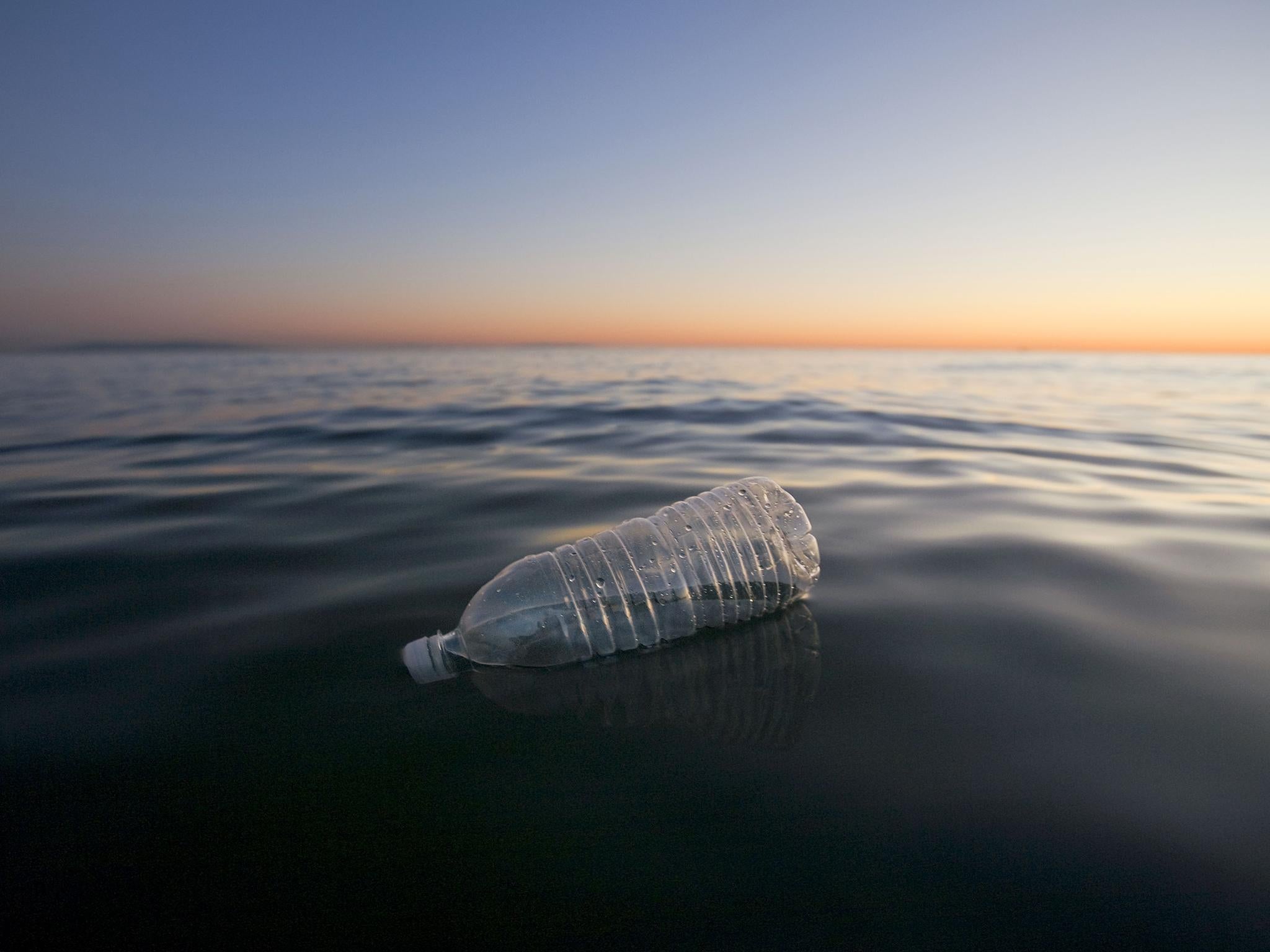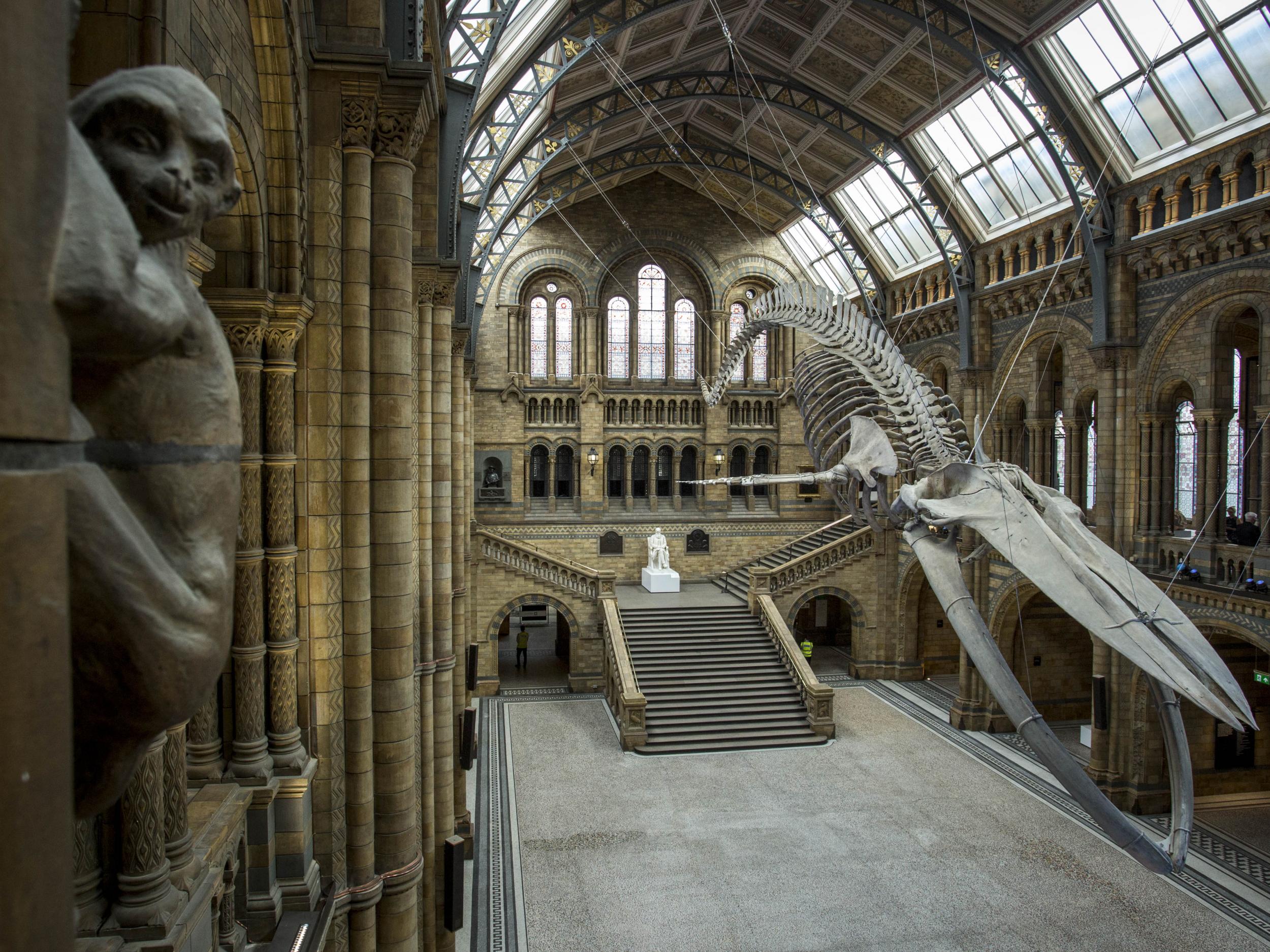Natural History Museum to axe sale of single-use plastic water bottles
'Millions of single use plastic bottles are purchased every day in the UK alone'

Your support helps us to tell the story
From reproductive rights to climate change to Big Tech, The Independent is on the ground when the story is developing. Whether it's investigating the financials of Elon Musk's pro-Trump PAC or producing our latest documentary, 'The A Word', which shines a light on the American women fighting for reproductive rights, we know how important it is to parse out the facts from the messaging.
At such a critical moment in US history, we need reporters on the ground. Your donation allows us to keep sending journalists to speak to both sides of the story.
The Independent is trusted by Americans across the entire political spectrum. And unlike many other quality news outlets, we choose not to lock Americans out of our reporting and analysis with paywalls. We believe quality journalism should be available to everyone, paid for by those who can afford it.
Your support makes all the difference.The Natural History Museum will end the sale of single-use plastic water bottles at its sites to help "reduce the deluge of plastic into our seas", it has said.
Facilities at the museum's sites at South Kensington, London, and Tring, Hertfordshire, will be assessed to ensure there are alternatives including water fountains and reusable bottles, as well as looking at ways to encourage visitors to bring their own bottles.
The museum said it had already stopped offering plastic straws to visitors and was looking at other ways to reduce the use of plastic at its sites.
The decision to commit to ending the sale of single use plastic water bottles at the museum's sites reflects concern from many scientists and environmentalists about the growing problem plastics poses in the oceans, the organisation said.
Research by Natural History Museum scientists in collaboration with Royal Holloway University of London has previously revealed the extent of unseen plastic pollution in the Thames and levels of plastics in the stomachs of fish in the river.
Professor Ian Owens, director of science at the Museum, said: "It's vital that scientific institutions like the Museum lead the way in the fight to understand and protect the natural world.

"The scale of ongoing plastic pollution is having a devastating effect on many marine species and the ecosystems that sustain life on Earth.
"Millions of single use plastic bottles are purchased every day in the UK alone, and billions end up in the sea every year.
"The Museum is visited by over 4.5 million people every year and reaches millions more all over the world through our digital channels.
"Our plan to stop selling single use plastic water bottles is about becoming part of the movement towards a refillable culture and doing our part to encourage a mass lifestyle change that will help reduce the deluge of plastic into our seas."
PA
Join our commenting forum
Join thought-provoking conversations, follow other Independent readers and see their replies
Comments